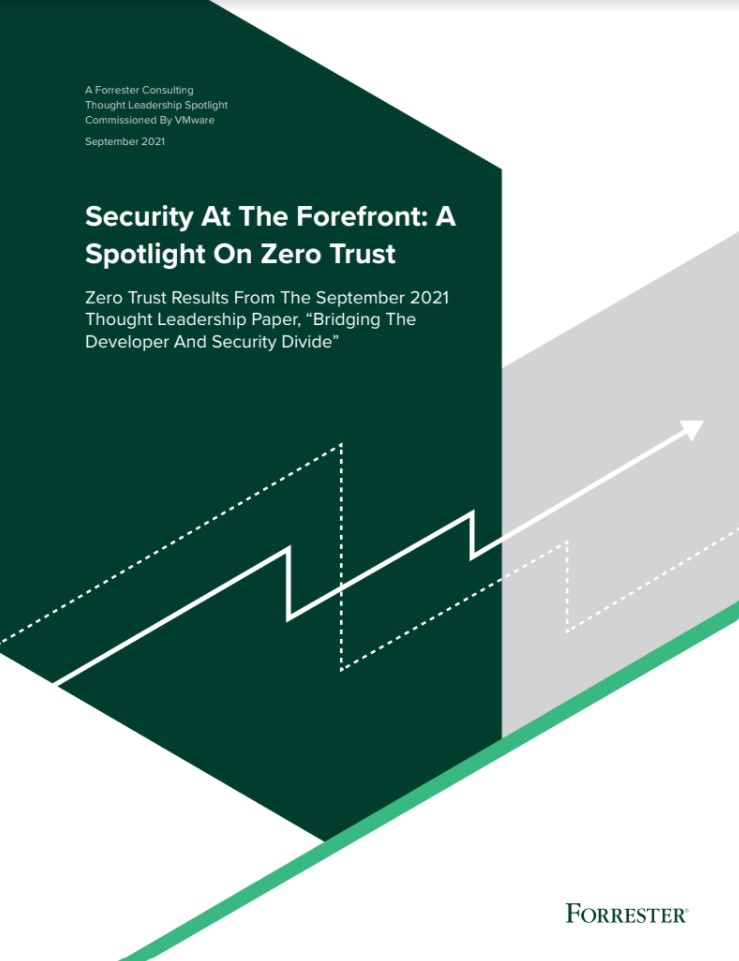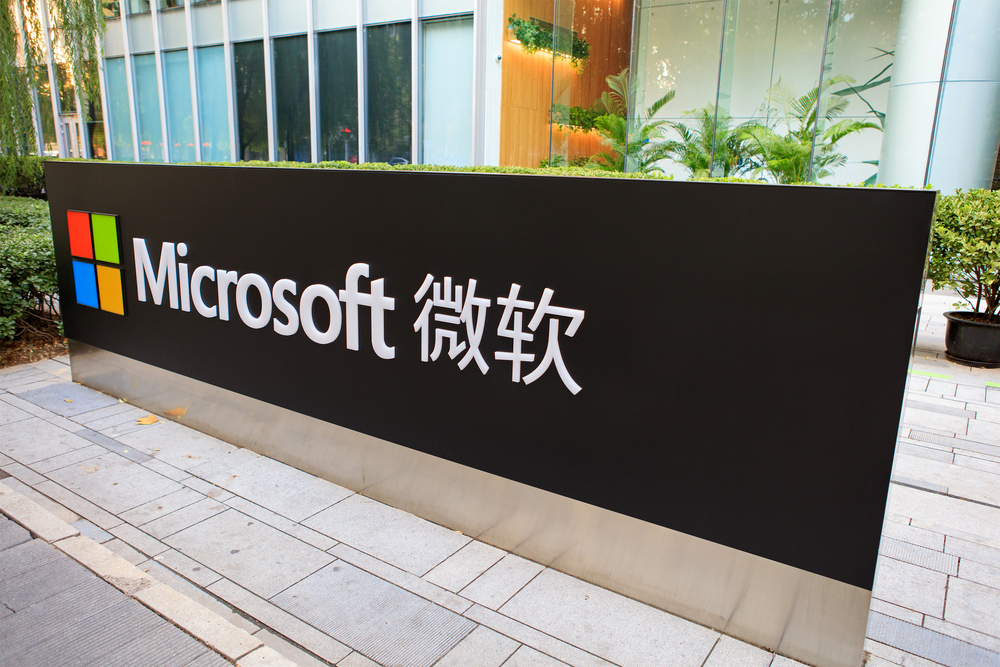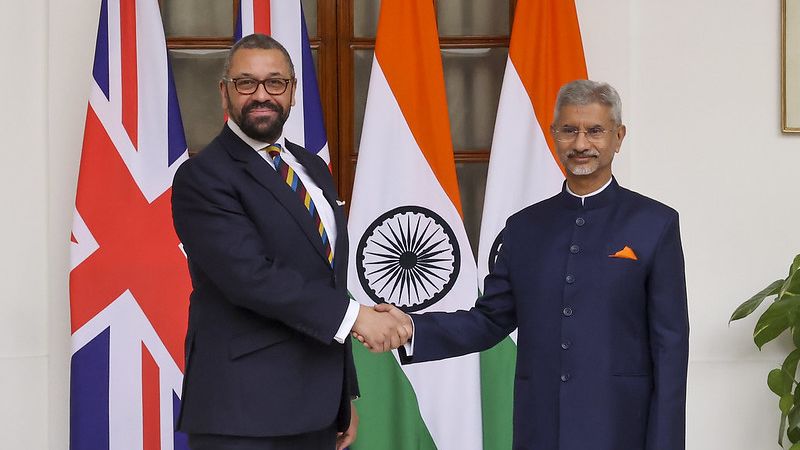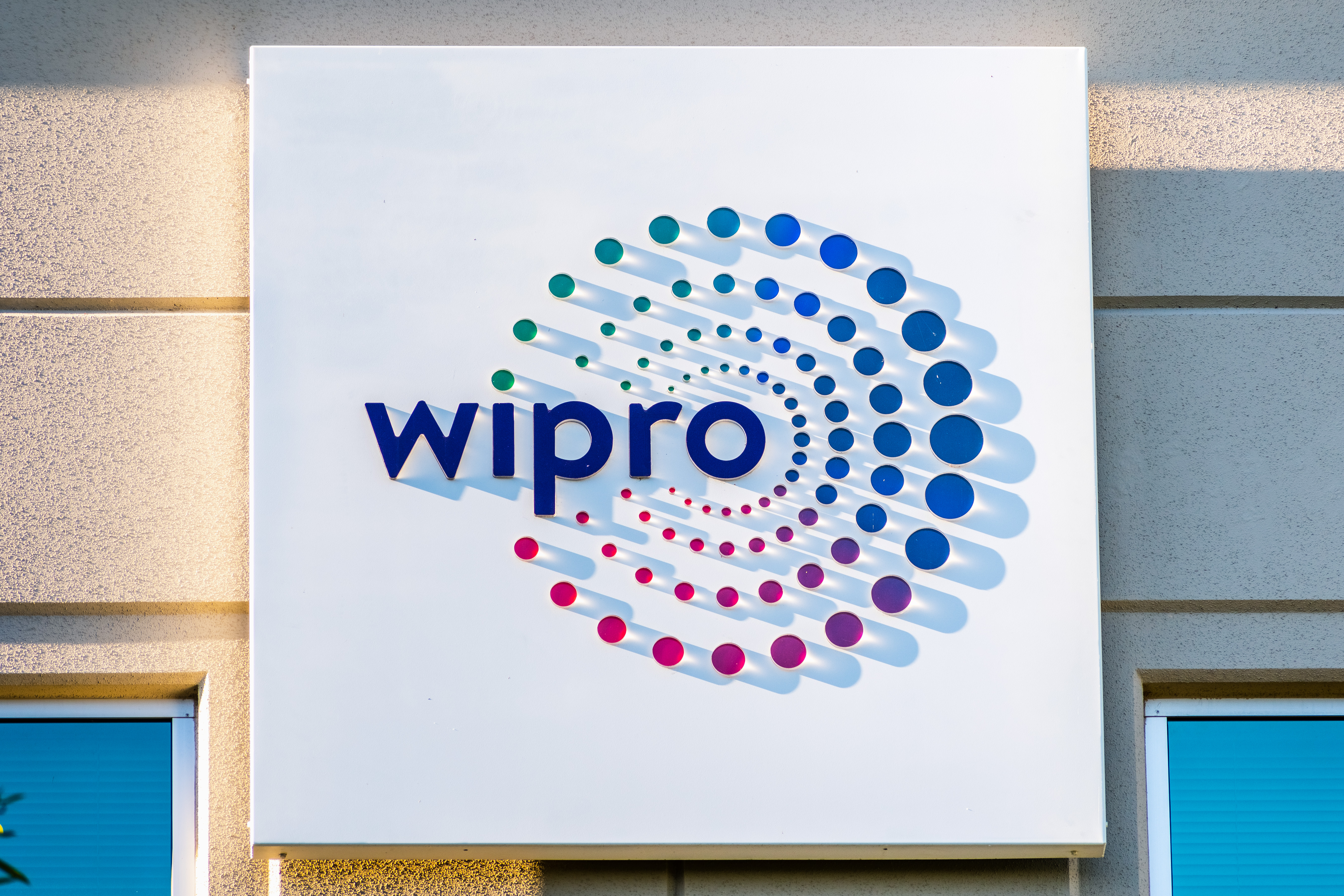Singapore discourages cryptocurrency trading with new regulations
It has warned that trading is highly risky due to the fact that prices are subject to sharp speculative swings


Singapore has issued new guidelines that limit cryptocurrency trading companies from advertising their services to the public, making it the latest country to bring in new rules to curb virtual currencies.
The Monetary Authority of Singapore (MAS) explained that it has consistently warned that trading cryptocurrencies is highly risky and not suitable for the general public due to the fact that prices are subject to sharp speculative swings.
MAS said it has observed some providers actively promoting their services through online and physical advertisements or through the provision of ATMs in public areas. It said that this could encourage consumers to trade cryptocurrencies on impulse, without fully understanding the risks.
The new guidelines stipulate that cryptocurrency providers may not engage in marketing or advertising of crypto services in public areas, like websites, print media, and social media platforms, or through the engagement of third parties. They may only market or advertise on their own corporate websites, mobile applications, or official social media accounts.
“MAS strongly encourages the development of blockchain technology and innovative application of crypto tokens in value-adding use cases,” said Loo Siew Yee, MAS assistant managing director of Policy, Payments, and Financial Crime.
RELATED RESOURCE

“But the trading of cryptocurrencies is highly risky and not suitable for the general public. DPT [Digital Payment Token] service providers should therefore not portray the trading of DPTs in a manner that trivialises the high risks of trading in DPTs, nor engage in marketing activities that target the general public.”
Singapore isn’t the only country to bring in new restrictions around cryptocurrency, as earlier this year Kosovo banned the virtual currency in an effort to curb energy consumption following a series of blackouts across the country. Kosovo is currently struggling with what has been called the “worst energy crisis in a decade”, forcing the government to introduce power cuts and a national state of emergency expected to last until late February.
Sign up today and you will receive a free copy of our Future Focus 2025 report - the leading guidance on AI, cybersecurity and other IT challenges as per 700+ senior executives
In contrast, China brought new curbs against cryptocurrency mining as well as exchange platforms in May last year, calling it the right time to crack down on mining and trading behaviour. Cryptocurrency miners and exchange platforms were forced to suspend operations as a result. Although the motivations behind the actions weren’t clear, it was suggested the crackdown was part of a wider package of financial measures aimed at fighting instability and illegal activity. The country was also looking to guard against external risk shocks, respond to inflation, and bolster market supervision.
Zach Marzouk is a former ITPro, CloudPro, and ChannelPro staff writer, covering topics like security, privacy, worker rights, and startups, primarily in the Asia Pacific and the US regions. Zach joined ITPro in 2017 where he was introduced to the world of B2B technology as a junior staff writer, before he returned to Argentina in 2018, working in communications and as a copywriter. In 2021, he made his way back to ITPro as a staff writer during the pandemic, before joining the world of freelance in 2022.
-
 Boomi snaps up former MuleSoft executive as APJ channel lead
Boomi snaps up former MuleSoft executive as APJ channel leadNews Global software veteran Jim Fisher will work to expand the company’s channel operations across the region
-
 Why Microsoft Teams has only just launched in China
Why Microsoft Teams has only just launched in ChinaNews The tech giant has officially launched Teams via its local partner in China, after it was launched globally in 2017
-
 UK startup's Equinix deal marks step towards broad quantum computing access
UK startup's Equinix deal marks step towards broad quantum computing accessNews Businesses around the world will be able to use its quantum computing as a service platform through Equinix
-
 MI5 to establish new security agency to counter Chinese hacking, espionage
MI5 to establish new security agency to counter Chinese hacking, espionageNews The new organisation has been compared to GCHQ’s NCSC, and will provide companies advice on how to deal with Chinese companies or carry out business in China
-
 UK set to appoint second-ever tech envoy to Indo-Pacific region
UK set to appoint second-ever tech envoy to Indo-Pacific regionNews The role will focus on India after Joe White was made the first technology envoy, a role focused on the US, in 2020
-
 Wipro faces criticism after cutting graduate salaries by nearly 50%
Wipro faces criticism after cutting graduate salaries by nearly 50%News Graduates were given days to decide whether they would accept greatly reduced pay offers, prompting union action
-
 Freshworks appoints Sandie Overtveld as new SVP of APJ and MEA
Freshworks appoints Sandie Overtveld as new SVP of APJ and MEANews The digital transformation veteran brings years of regional expertise to lead Freshworks’ growth strategy
-
 Suncorp signs three-year Azure deal to complete multi-cloud migration by 2024
Suncorp signs three-year Azure deal to complete multi-cloud migration by 2024News The financial services firm seeks to wind down its on-prem data centres and wants 90% of its workloads in the cloud by the end of the year


